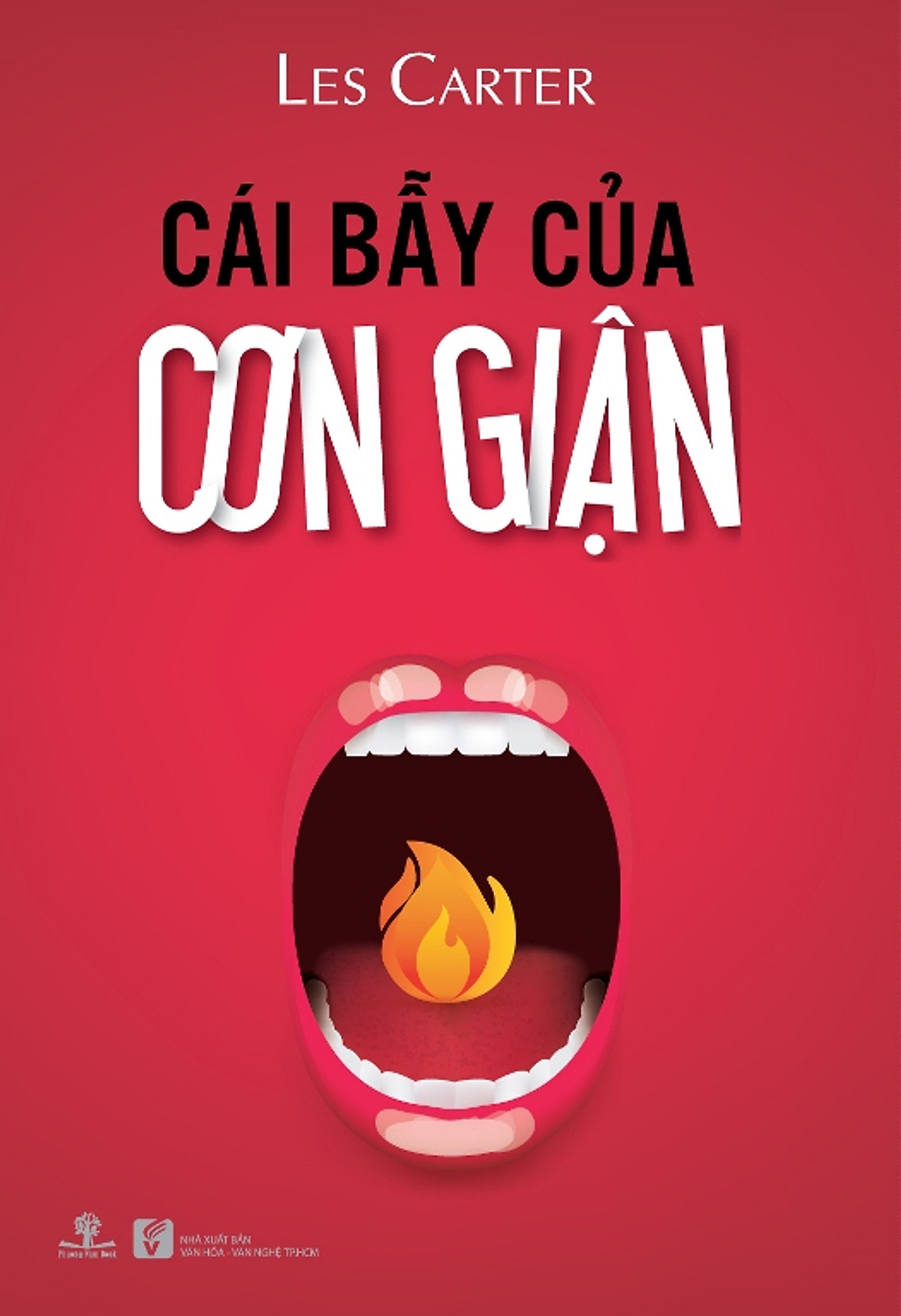What do you think?
Rate this book


462 pages, Paperback
First published January 1, 2003
Khi chúng tôi tìm hiểu các nguyên nhân gây ra con giận và những lựa chọn để kiềm chế nó, tôi cố gắng đặt thói quen của họ vào một cái nhìn rộng hơn. Tôi hỏi: "Bao nhiêu người trong số các bạn lớn lên có ít nhất cha hoặc mẹ có các vấn đề liên quan đến cơn giận". Gần 100% những người tham dự buổi hội thảo đều giơ tay.